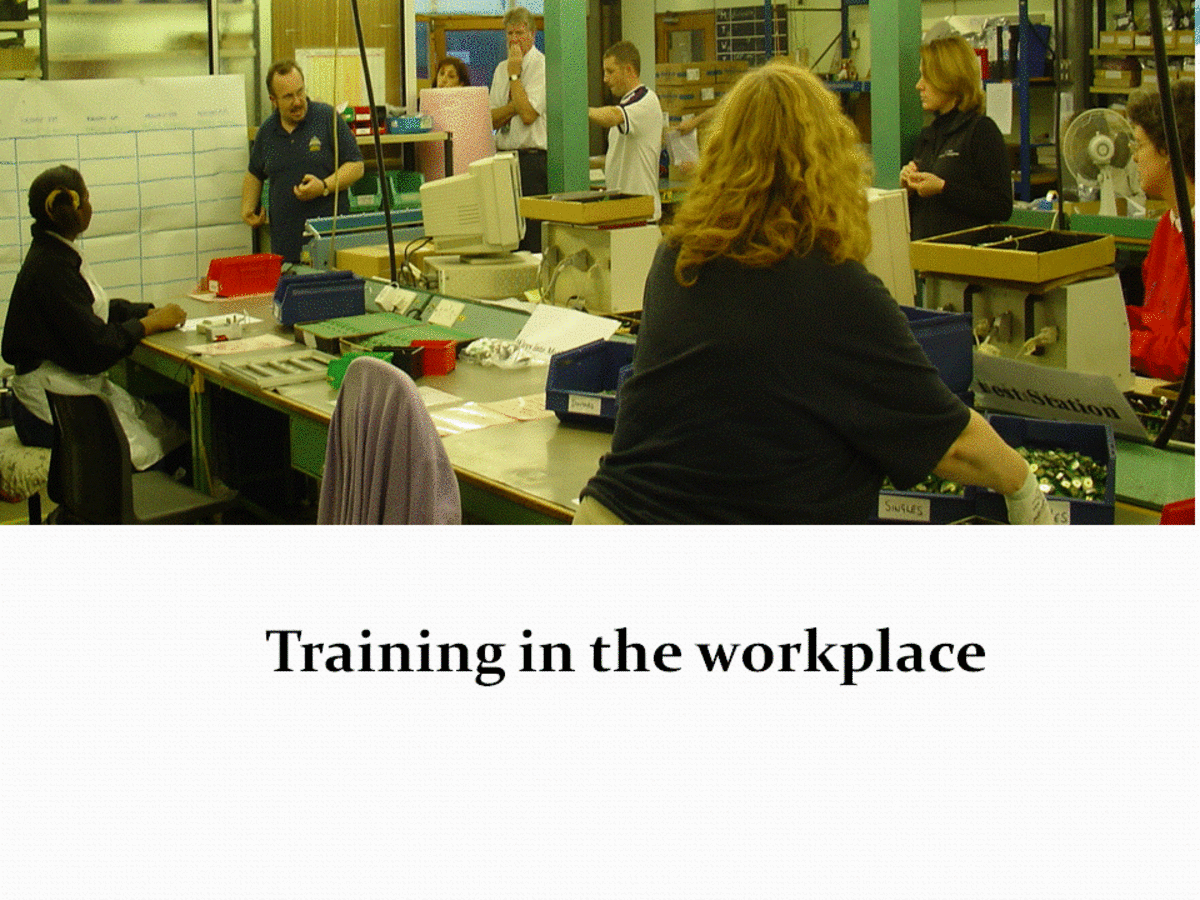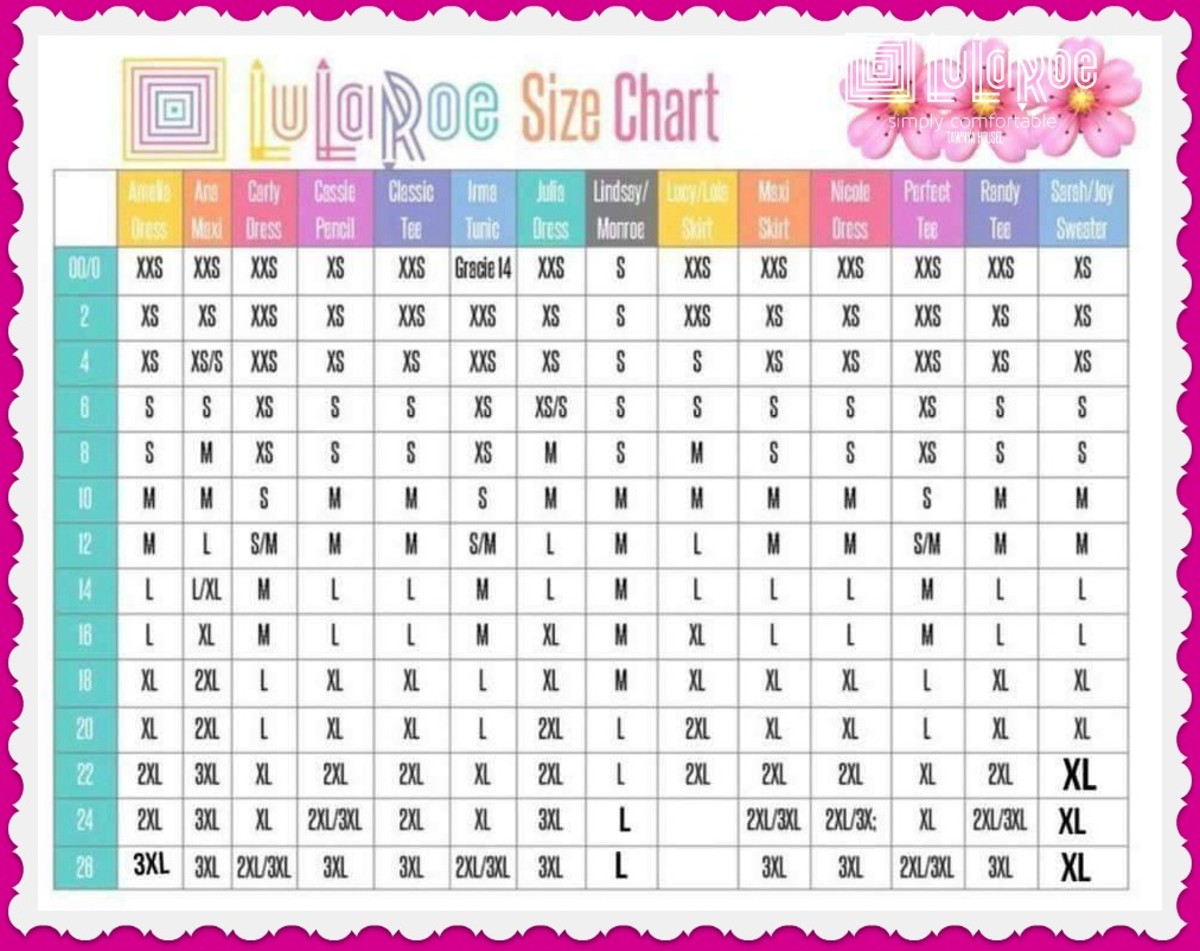Get That Job: Management Consultant
Introduction
Consultancy is the fine art of combining expertise, entrepreneurship and instruction ability to give advice and improve other people's businesses, lives or careers.
But how to become one?

What Makes a Management Consultant?
Consultancy as a profession entails giving advice and running improvement projects on a wide range of topics, based on one's personal experience and expertise. It often forms a supplemental income for high-profile professionals, but it can also become a full-time function for those people whose knowledge and opinions are in high demand.
Management consulting is a specialization focusing on advising management teams, sometimes on the mid-level but most often at the senior management level. Those positions are very strategic, and decision making at that point have great implications for the success of an entire company. Because of this, there is often a need to validate the information they work from, and verify whether their understanding of the market and the company is correct.
Consultants often have the connections and expertise to learn of new tools to use in finding, processing and analyzing data that allow them to find connections between what a company does and how it benefits their revenue and profits. This means that management consultants are often sought after to provide options to maximize market penetration, branding and pipeline at minimum effort and expense.
Management often hire consultants for major organizational changes, such as reorganizations, mergers and joint ventures. In those cases the consultant likely has a specialization in Organizational Change, and seeks ways to create a new way to shape the organization and its processes to cut away wasteful and costly practices and minimize the number of people who would need to be let go by finding new opportunities for them in the reworked system.
Educational background
While consultants come from all walks of life, most will have finished a college degree either before joining the workforce, or as part of adult education preparing for a role in management or as part of their own development efforts.
When it comes to general business, particular favorites are business administration, management & leadership, business law or finance.
A college degree is not only a certification of your skills in a particular field, but it comes with a package of related abilities that are required to successfully complete this level of education:
- Focus, drive and ambition
- Ability to read and comprehend relevant documents
- Managing your time and effort for best results
- Teamwork
- Networking
- Research, analysis and writing skills
These skills are all necessary to become a successful consultant, and thus having a degree where these competencies are promoted and rewarded will prepare you well for a life in management consultancy.

Work history and expertise
Beyond having a strong educational background, you must also have professional expertise in the field you will be consulting in. Your prospective customers would want to hire you based on your years of experience in the field, and the improvements you have already made for your (former) employers and previous customers.
Categorize for yourself the fields in which you have experience, and for each answer the following questions:
- How many years have I worked in this field?
- Have I made substantial improvements in processes or strategy?
- Can I speak about this subject with authority?
- Do I want to and am I allowed to consult in this field?
The last question may seem strange, but if you have multiple fields you could be consulting in, you may need to choose only a single field to start with, to remain focused. In addition to that, if you have a current employer, your contract might have a clause built in that would not allow you to be a consultant in subjects that your company might consider to be harmful to their competition.
For example, an IT Architect specializing in security becomes a Security Consultant. Their company might not appreciate them offering their skills on the open market, potentially in competition to the company they work for!
Sample Specialized Fields of Consultancy
Field of Expertise
| Definition
| Complexity
|
|---|---|---|
Career
| Coaching others in writing resumes, job hunting and improving their professionalism
| Low
|
Recruitment
| Advising HR departments and Recruitment agencies on improving their processes, requirements and finding candidates
| Medium
|
Business Intelligence
| Analyzing companies, markets and competitors to advise on business strategy
| Medium
|
Location
| Specialized consultancy for finding the best places to start a business, place a Headquarters or optimize a logistics chain
| Low to Medium
|
Branding/Marketing
| Coaching companies in marketing their company brand, or helping individuals making a reputation for themselves
| Low to Medium
|
IT Security
| Analysts and Ethical Hackers finding and advising on breaches and vulnerabilities in IT security systems
| Medium to High
|
Sourcing
| Assisting companies in finding other companies to supply specific processes, functions or materials. This includes people, components and services
| Medium to High
|
Organizational Change
| Changing processes and departments, helping management making successful changes
| High
|
Complexity as seen from the amount of prior experience and education needed to be a credible Consultant, by author's opinion
Before becoming a consultant
You must be comfortable being completely responsible for who you work for, how you get jobs, and preparing your own healthcare, taxe and pension plans.
Five steps to becoming a consultant
- Create a consultancy business plan
- Decide if you want to go freelance or work for an agency
- Create your tagline and elevator pitch
- Promote yourself online
- Build a consultancy project portfolio
Create a Consultancy Business Plan
Whether you go solo or work for a firm, you need to make a plan describing how you are going to profile yourself, get jobs and get paid.
What will you consult in?
Make sure to write down what field you will consult in, your experience and credibility in this field, and what value you will give to your customers. Customers want experienced and credible consultants who will help them solve real business problems they are having, and they are willing to pay good money for high-quality service.
Marketing and Promotion
Make notes on how you want to get your name out there. Perhaps you can contribute to groups on LinkedIn to get your name out? Offer advice on Quora or Twitter? Start a blog where you write about topics related to your consultancy, but also put up your portfolio for customers to see?
You don't need to do all the work yourself - you could hire a marketing agency in turn, and ask them for promotion and getting jobs. Don't be shy to ask your network for jobs and promotions, if you can.
How will you evolve?
When you just get started you will have little reputation and will likely get small jobs. Even so, you have to set goals for yourself. What do you consider a "big job" and how many do you expect to do per year? What income do you want to secure per month or year? Do you want to consult full-time, or next to your day job? Perhaps you would like to start up your own consulting firm in 3-5 years...
How will you get paid?
When you go solo, you are responsible for your own taxes, healthcare and pension plan. You also need to make an estimate of what kind of costs you will make (travel, lodging, clothing, food) while on the job. Make sure that you set your rates to include all these costs, but leaving you enough left over to cover your living costs and savings.
Hourly fee: You get paid this amount per hour, and this includes all costs. The customer does not need to pay any additional costs, unless they run out of the agreed contractual obligations.
Lump Sum: You take on a project for a certain fee, including all costs, and the fee is for completion of the contract as per (strict!) acceptance criteria. This one is very attractive to customers, since it means their costs are predictable, but it also means that if you take more time to complete it, you will take less money home.
Time and Material: You charge per hour, as above, but costs such as travel and lodging are not included and are invoiced separately. This is less predictable for the customer, but safer for you.
Going Solo or Agent?
The choice to go Solo or Agent is based 100% on whether you want to be an entrepreneur (and be responsible for your entire career) or want to be employed by an agency (trading freedom for security).

Framing Your Specialization
It can be hard to pin down exactly how to describe your specific form of consultancy. On the whole, try and work out these three major points of interest for yourself:
- Are you working at the individual, department or company levels?
- Do you only give advice after researching, or are you implementing changes?
- Do you want to focus on improving what exists to expected levels, or do you want to innovate and improve what is already a well-functioning process?
These three questions will combine into your "role" as a Management Consultant. For example, you could become a Process Consultant, improving failing processes along corporate lines through projects. Alternately, a Career Consultant, advising candidates on how to innovate their ways of approaching companies.
Tagline and Elevator Pitch
Your tagline is a short description of your "job title" as a Consultant. Anyone hearing it should immediately have a feeling what kind of job you do, and what you can bring to the table.
For example:
- All your projects in time, on budget!
- Hire me and eliminate over 75% of your recruitment mistakes
- Ask me about your market potential
- Your one-stop shop for getting that shiny new job
It has to be short, explain what you offer, but also be interesting. After all, people usually read over taglines and job titles, but when they read something like this, they take notice. They wonder whether it's something for them, or how they could use this to their benefit. Now you have their attention - then you hook them in with your...
...Elevator Pitch: a short description of your consultancy services that should be short and powerful enough that when you begin when you step into the elevator, you can be done and shaking hands when the doors open again. You have a minute or two to grab someone's attention, and show them the value you add. Try something like this:
"As a Career Consultant I take your resume, career plan and job hunting options and optimize them so you find more relevant jobs and get hired. Most people only need two weeks to double their pay or step up in job seniority, and I make it happen."
"When I sign for a change in your department I don't just make changes - I inform people and draw them in the process. I make sure people listen and want to work with us, instead of blocking the process. When the changes are made it's not just a one-time deal - the people can now continue improving their work processes on their own."
What do you do? What do you offer? Why you and not anyone else?
Promote yourself online
Platform
| Posting
| Frequency
|
|---|---|---|
Blog
| Articles and contact info; options to book you for public speaking or consults
| Daily checkups and posts
|
Linkedin
| Articles and group comments, link to your blog/website/portfolio
| Weekly (articles) and daily (groups)
|
Twitter
| Link your blog, retweet others with shared interests, share your elevator pitch
| Daily
|
Quora
| Answers to questions in your field to bring traffic to you
| Daily
|
Hubpages
| Make articles on your preferred field of specialty to build up credibility and portfolio
| Weekly
|
Instagram
| Share project and work pictures to give insight in your daily work
| Daily
|
eBook
| Publishing via Blog, Amazon or Google
| As required
|
Webinars
| Organize online webinars to garner interest
| Monthly, Quarterly
|
Facebook
| Insight in your daily life, promoting your job if you cater to consumers (like Career Consultancy)
| Daily
|
These are some examples on using Social Media; there are hundreds of platforms, but each falls in the category of "Professional Profile", "Connecting with Customers" or "Establishing your reputation"
Build your Professional Portfolio
Once you've had a few customers, even if they were not so big, ask them if they would like to be considered a reference or a case study. Many customers don't mind, but might have some limitations or requirements before you can use them in promotional material.
When creating a portfolio, it pays to follow this format in your descriptions:
- Who was the customer? (if they want to remain anonymous, describe them like "a midsized transportation company form Essex, UK)
- What was their business problem?
- How did you help them solve this problem?
- Give some (preferably numerical) facts about the job, such as "we improved retention by 20% in that year" or "We have reduced the time for this process from 3 days down to 11 hours". Be specific and quantitative!
- If possible, add in a quote from the customer
This way you can build up a small library with sample projects which will increase your reputation, give new customers confidence you will be able to handle their jobs, and gives a wonderful sense of achievement.
Why do you want to become a Consultant?
Why do you want to become a Consultant?
© 2018 Jaldert Maat








